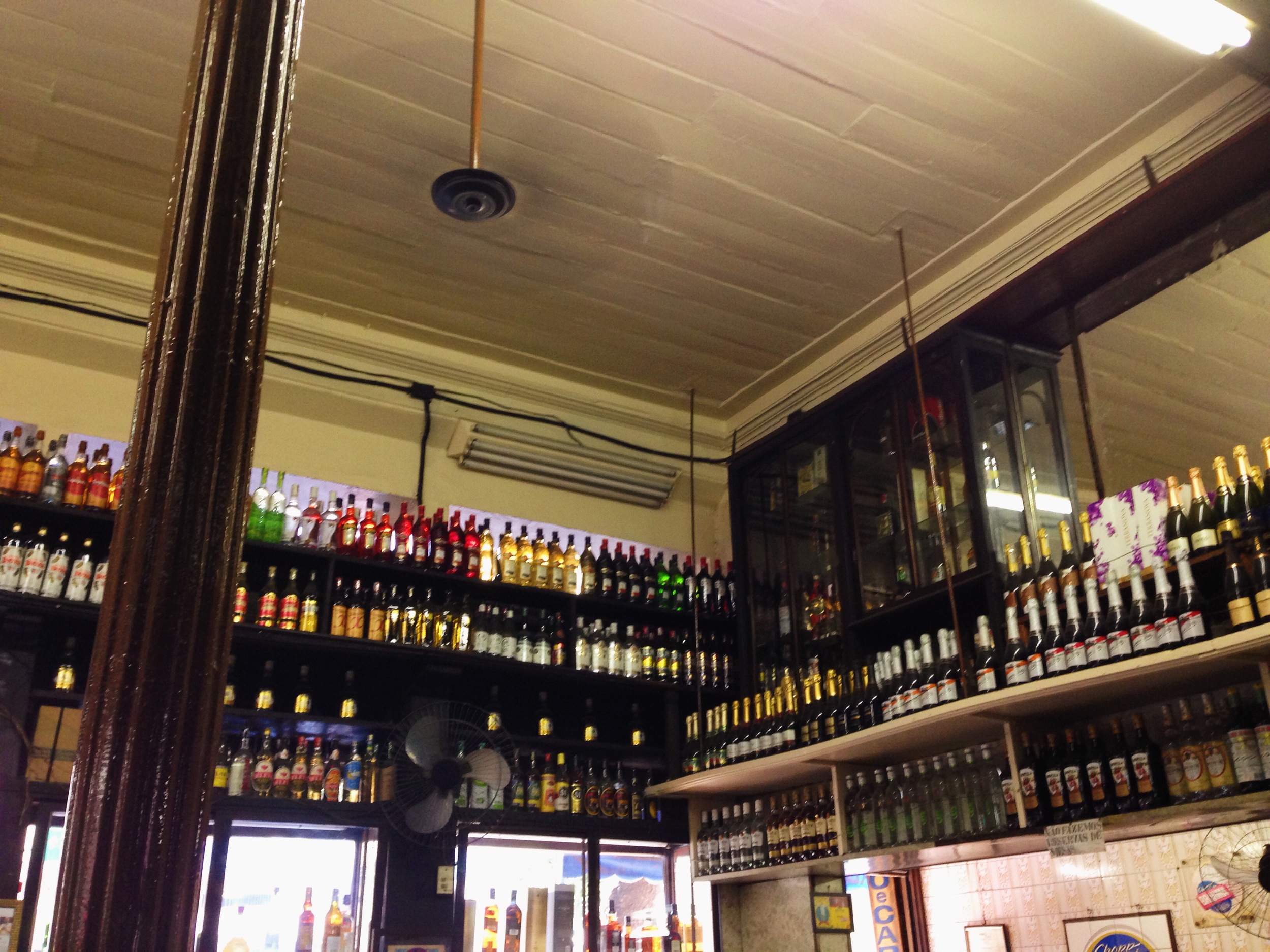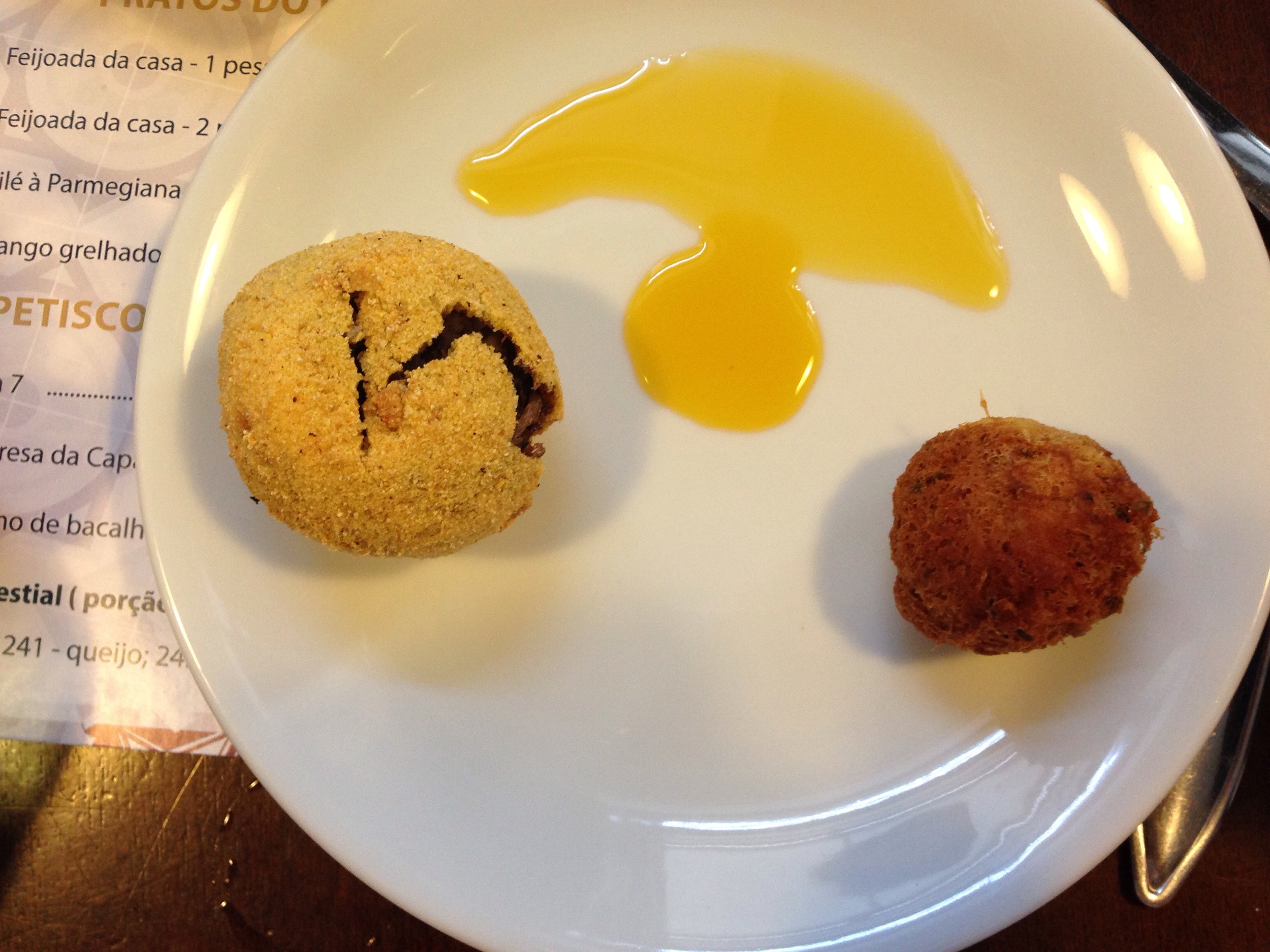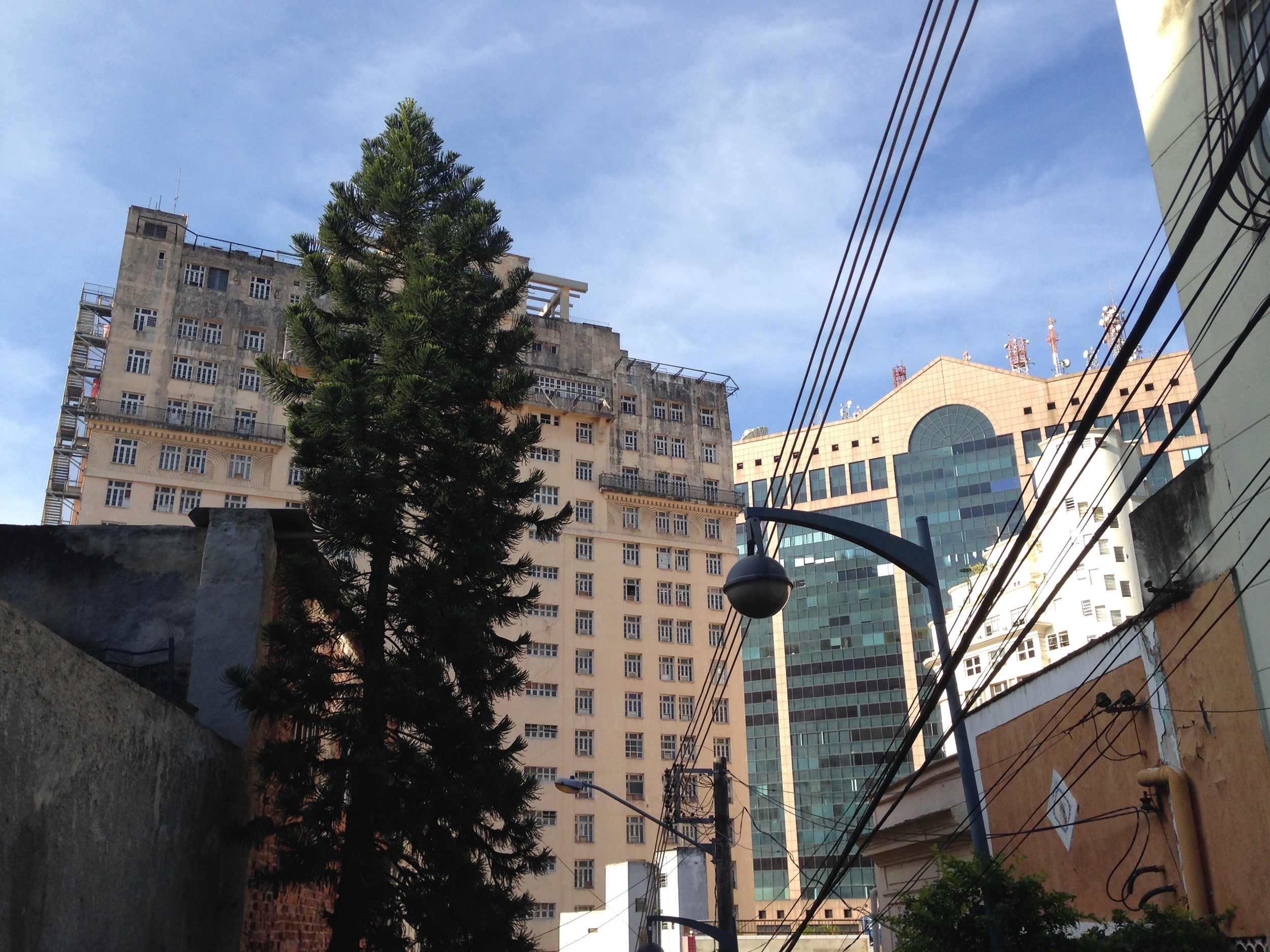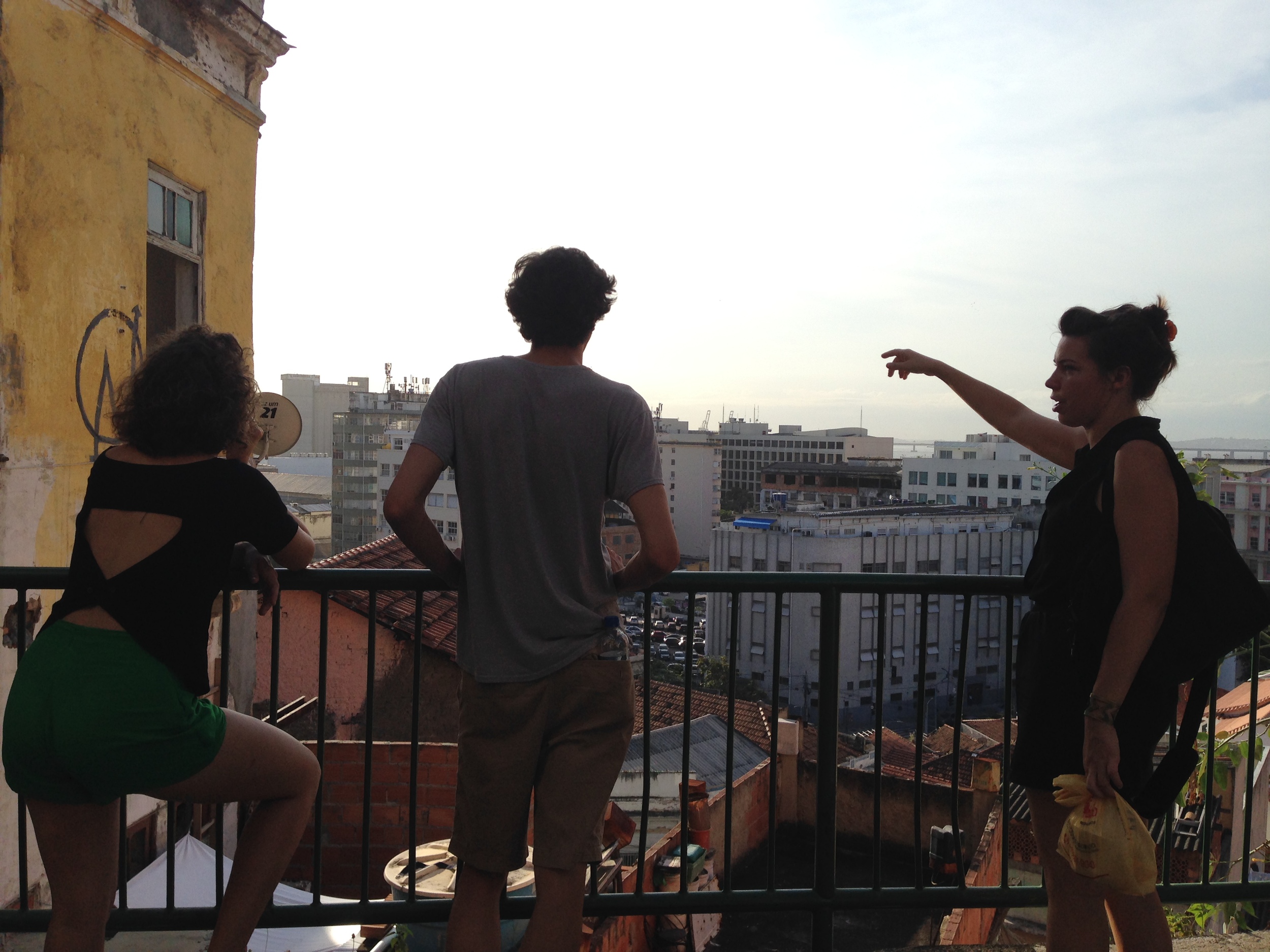Prologue
At dinner on Friday, we reminisced about Avril Lavigne, Simple Plan, and Good Charlotte. I remembered on the drive home that I can sing all 13 tracks of Avril's "Let Go," including guitar riffs. Seventh-grade Charlotte felt that album expressed all the drama of her life. Dear middle school crush: Why'd you have to go and make things so complicated?
Sara teaches high school and Emily and I both teach 4th grade. We wondered - do our kids struggle to express their emotions because they aren't coming into teenager-hood with angsty music? When I turned on the radio in 4th-7th grade, XXXtina Aguilera sang about getting dirrtay and Nelly said it was hot in hurrr, but Avril and Green Day held down the fort for those with more complicated desires. Though Adele is on the radio now, I don't think she resonates with my kids. She's too much misty British countryside. My kids press skip, looking for Ariana Grande and Rihanna and J Balvin. I'll take an informal poll tomorrow. I want them to be able to hear music that expresses emotions other than a hope for sex.
On Identity
Yesterday, I listened to the episode of This American Life that had inspired our conversation about middle school music - a replay from 2011, entitled "Middle School." The whole episode merits a listen because middle school dances will always be hilarious; the following segment merits a listen because the US sometimes seems like a giant middle school dance where being accepted carries much higher stakes. Domingo Martinez writes about his Mexican-American sisters' attempt to fit in in 1980s Brownsville, the border town at the very tip of Texas, 65 miles southeast of where I teach.
"Mimis in the Middle"
Don't skimp out - listen to the segment. It's only a few minutes long and Martinez' imitation of the lilting, Spanish-tinted Valley English sounds like our copy room conversations at school. I love it; I've caught myself speaking something like it.
[This is where you listen to it: here's the link again: "Mimis in the Middle"]
What struck me most about the whole episode was a wonder: would any of my students do this? Would any of them dye their hair blonde and ask for Jordache jeans and a tennis racquet? Would any of them give themselves Connecticut names and pull their families into a game of make-believe so that they could feel more accepted?
I can't imagine it. My students carry the weight of many disadvantages, but I do not think they lack pride in their families' heritage. They all dressed up for Mexican Independence day. (The girls twirled in their folclorico skirts at recess and re-braided their hair in the hallways. J. was wearing a gaucho outfit but passed me a distressed note at 10 am saying he had split his tight pants. Mom came in with a pair of jeans). They know the line dances to Tejano music and they also have Latino pop stars like J. Balvin and Pitbull who sing in Spanish even to audiences in Connecticut. They speak Spanish and English in the hallways. At school and at home, everyone looks like them.
Today, in the Rio Grande Valley, it's me who doesn't fit in. When the 5th grade science class was learning genetics, I was the only person they knew with blue eyes. I do think the Valley has evolved and grown so rapidly since the 1980s that wealth and power look Mexican. Here, at least, my students can grow up feeling that they belong, that someone who looks like them can be successful.
As to whether they feel American - I don't have an answer for that. I'll need to ask them. And of course, that sense of fitting in will change for them if they leave the Valley and go most other places in the country.
If you didn't listen to "Mimis in the Middle," you're missing out:
"I was sorry to see the Mimis go. We all were. When they were at their peak, the Mimis had been capable of creating a real sort of magic around them, enchanting both people and places so you could be looking at the same, dreary landscape as them, the same hopeless and terrible event, and while you might be miserable and bitter, they would be beaming, enthralled, enthusiastically hopeful...They were a gift to anyone who got caught in their Anais Anais perfume. They made all of us Americans."
I hope my students can make it into middle school and beyond carrying that same magic and hope - without the perfume, because holy moly the Axe the boys are wearing is already strong enough.
On Citizenship
The Valley is in D.C. as the Supreme Court begins to hear arguments in United States v. Texas. A decision in favor of DAPA could potentially grant temporary legal status to 4 million people who are in the US illegally.
You can read more in the McAllen Monitor, here.
"She said her research shows that U.S. citizen children are negatively impacted by their parents’ undocumented status and are often unable to experience the full rights of citizenship. Most of the children she’s encountered live in constant fear that a parent, sibling or other close family member could be deported. She said this uncertain legal status involving any family member restricts the entire family from opportunities to earn good incomes, get ahead at work, and gain access to education and health care."
There is one last Border Patrol checkpoint about 100 miles north of McAllen. The first time I drove through, it made me nauseous. As you slow down to the checkpoint, signs tell you how many pounds of drugs have been seized and how many would-be migrants have been apprehended.
"Transporting illegal aliens is illegal," they remind you.
I don't know for certain about the legal status of any of my kids' parents. I do know some of them do not live in the US. S. helped his mom study for her citizenship test, while H. helps her mom clean houses in Reynosa on the weekend.
But that checkpoint made me feel the fear that I imagine any of my students might feel, going through. They look like the people Border Patrol wants to stop. (Border Patrol does have a very complicated and important job. More here, on the Texas Tribune).
I was so shaken I said, "Good morning, ma'am," to the male officer.
"Don't worry," he laughed, "Second time that's happened to me today."
He was white. I was white.
"Are you a U.S. citizen?" he asked.
"Yes sir," I said, wondering when he'd ask for my ID. He didn't.
"Have a great day," he said. I guess my skin color was proof enough for him.
On Learning English
As we near state testing, the huge disadvantages facing English Language Learners (ELLs) become crystal clear. 94% of my students are ELL. MALDEF, the Mexican-American Legal Defense Organization, filed a lawsuit in 2014 against the Texas Education Association (TEA) for failing to supervise and improve programs to help ELLs succeed in school. More here.
This article in The Atlantic highlighted some of the work that IS being done to help ELLs in Texas.
"Elena Izquierdo, a professor in bilingual education at the University of Texas at El Paso would tell you that immersing Spanish-speaking children in English classes doesn’t work. She’s now consulting the El Paso Independent School District as it moves forward after its cheating scandal, and says that type of approach was what led to the scandal in the first place.
"She is helping the El Paso Independent School District roll out a different plan, one she calls the “Ferrari” of bilingual education programs, that she says could serve as an example for best practices for districts like El Paso. The program, which the district began in 2014, teaches all students in English half the time and Spanish half the time. Beginning in the district’s kindergarten classrooms, all students learn all subjects in both languages, so everyone becomes bilingual, she said. The district will continually assess the students to make sure they’re learning in both languages and comfortable about speaking in all subjects in both languages (in Ysleta, students learn Social Studies in Spanish). They’ll also be allowed to test in both languages, until they’ve become comfortable enough with English to focus on the state tests."


















